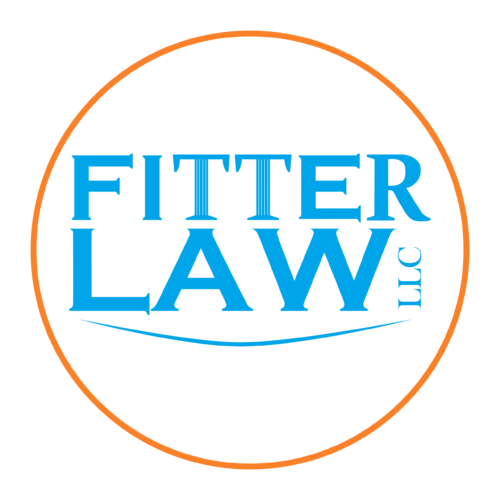Legal Definition of Proof: Understanding the Establishment of Truth
As a business owner, it is crucial to have a solid understanding of legal terms and concepts that may impact your operations. One such term is proof, which holds immense significance in the legal realm. In simple terms, proof refers to the establishment of truth through evidence and the conviction of the mind that a certain fact in issue has been established as true.
Examples of Proof in Legal Proceedings
Let’s delve into a few examples to better comprehend the concept of proof. Imagine you are involved in a personal injury lawsuit. In this case, the burden of proof lies with the plaintiff, who must provide sufficient evidence to convince the court that the defendant’s negligence caused their injuries. This evidence may include medical records, witness testimonies, or expert opinions.
Similarly, in a criminal trial, the prosecution must prove the defendant’s guilt beyond a reasonable doubt. This requires presenting compelling evidence, such as DNA analysis, surveillance footage, or eyewitness accounts, to convince the jury or judge of the defendant’s culpability.
The Importance of Proof in Legal Proceedings
Understanding the importance of proof is paramount for any business owner, as it can directly impact your legal rights and liabilities. When disputes arise, whether it’s a contract disagreement or an employment issue, the burden of proof often falls on the party making the claim.
By comprehending the legal definition of proof, you can better prepare yourself to gather and present evidence that supports your position. This can significantly strengthen your case and increase the likelihood of a favorable outcome.
Authoritative Advice on Establishing Proof
When it comes to establishing proof, it is essential to follow certain guidelines to ensure your evidence is admissible and persuasive. Here are a few authoritative tips to consider:
1. Document everything: Keep meticulous records of relevant conversations, agreements, and transactions. These documents can serve as crucial evidence in case of a dispute.
2. Gather supporting evidence: Identify and collect any physical evidence, photographs, or expert opinions that can substantiate your claims. This can include invoices, contracts, or expert reports.
3. Seek legal guidance: Consulting with an experienced attorney can provide invaluable assistance in understanding the legal requirements for establishing proof. They can guide you through the process and help you build a strong case.
As a business owner, understanding the legal definition of proof is vital for protecting your interests and navigating potential legal challenges. By grasping the concept of proof, recognizing its importance, and following authoritative advice, you can effectively present your case and increase your chances of achieving a favorable outcome in legal proceedings.
Connect with a Fitter Law Attorney




